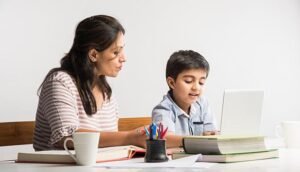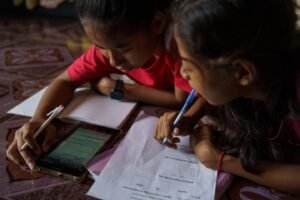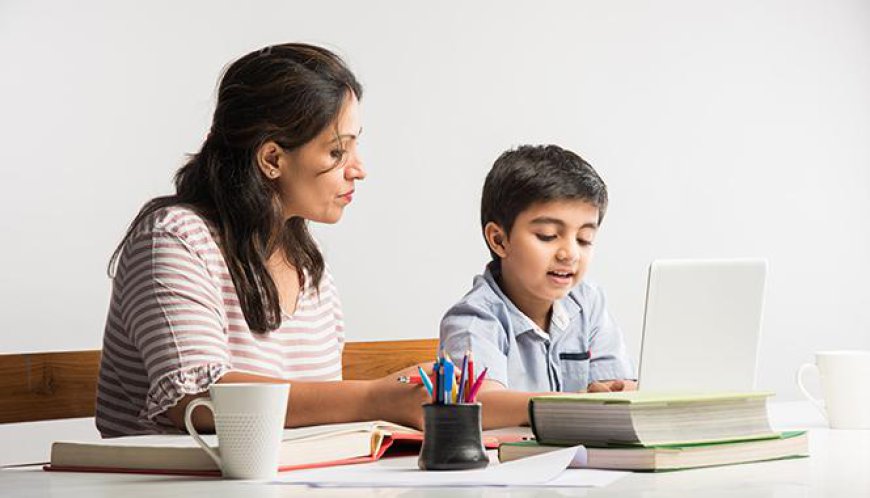Child study education plays a pivotal role in shaping the future of our children.
As parents and teachers, it is our responsibility to provide them with the best possible learning experiences. This Child study education article offers practical tips and insights to empower parents and teachers in creating an effective and nurturing educational environment for children.
Understanding Individual Needs:
Recognize that every child is unique and has different learning styles, abilities, and interests. Tailor educational approaches to cater to their individual needs.

Building Strong Relationships:
Foster positive and supportive relationships with children, establishing trust and open communication channels to create a conducive learning environment.
Encouraging Active Engagement:
Encourage children's active participation in the learning process through interactive activities, discussions, and hands-on experiences to promote deeper understanding and engagement.
Providing Meaningful Feedback:
Offer constructive feedback that focuses on growth and improvement, highlighting strengths and areas for development to motivate and guide children in their learning journey.
Incorporating Play and Creativity:
Recognize the importance of play and creativity in child development. Integrate playful and creative activities into the educational curriculum to enhance engagement and foster imagination.
Individualized Instruction:
Personalize instruction to address the specific needs and abilities of each child, providing appropriate challenges and support to maximize their learning potential.

Creating a Safe and Inclusive Environment:
Foster an inclusive environment that values diversity, promotes respect, and ensures the emotional and physical safety of all children.
Encouraging Collaboration:
Foster collaboration and teamwork among children, promoting peer learning, cooperation, and the development of essential social skills.
Utilizing Technology Mindfully:
Integrate technology in a mindful and purposeful manner, leveraging educational resources that enhance learning outcomes while ensuring a balanced approach.
Encouraging Curiosity and Exploration:
Cultivate a sense of curiosity and a love for learning by encouraging children to ask questions, explore new ideas, and pursue their interests.
Promoting Critical Thinking:
Foster critical thinking skills by providing opportunities for problem-solving, analysis, and independent thinking, empowering children to become active and autonomous learners.
Continuous Professional Development:
For teachers, engage in ongoing professional development to stay updated on the latest educational research, pedagogical approaches, and best practices in child study education.

Conclusion:
By implementing these practical tips, parents and teachers can create a nurturing and effective educational environment that supports the holistic development and growth of children. Together, let us empower the young minds of today for a brighter and promising future.
Follows Us for More Updates
Like Us on Facebook Page :
Click Here
Like Us on Instagram :
Click Here































